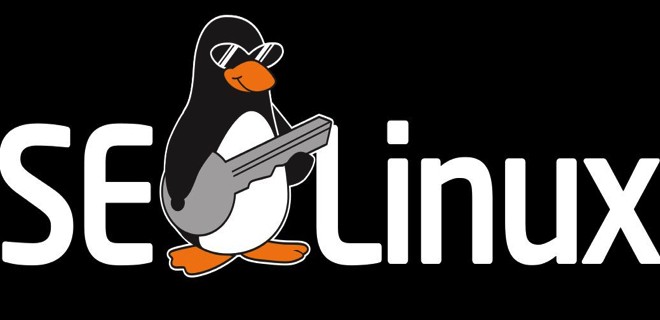
In order to pass environment variables, you can either tell sudo to preserve the environment (via the -E switch and having appropriate permissions in your sudoers file) and/or setting it for the command as sudo VAR1=VALUE1 VAR2=VALUE2 command. If the aws command cannot be found, you might need to restart your. However, due to how sudo works (as stated in its manpage), sudo tries to strip the environment of the user and create a "default" environment for the supplanting user, so that the command run is run as if the user who invoked it had been the calling user (which is the expected behaviour), and thus running nautilus as sudo nautilus should open a folder at the /root folder, and not /home/yourusername.ĭoing something like sudo source script.sh and then sudo command, even if it worked, it wouldn't be successful at setting any variable to the later sudo command. /aws/install -bin-dir /usr/local/bin -install-dir /usr/local/aws-cli -update.
Unix sudo not found install#
BTW if you want sudo in docker if you want to install sudo, try this, apt-get update & \ apt-get -y install sudo now you can use sudo along with your command in docker. typing bash inside a bash instance) and looking at the output of env should give similar results than its parent. 3 Answers Sorted by: 119 docker comes along with root it doesnt require sudo. And they work like this:Įvery time a new process is started, if nothing happens, it inherits the environment of its parent. The actual problem is how environment variables work. I try to login UNIX Solaris 10 through ssh command as user then i use sudo command to login as root: sudo su - but system give me an error sudo: not found. The fact that it is is what's actually throwing you the command not found error, but it doesn't mean it would work if it were. The problem is not that source is a shell builtin command. Ask Question Asked 2 years, 2 months ago Modified 1 year, 6 months ago Viewed 43k times 3 I installed the latest version of Debian (netinstall).

The first would output the variable's value, but the second wouldn't output anything.

I proved this by testing with these simple commands: echo $ENV_VARIABLE In the case of a GNOME desktop (and GNOME-based desktops), that. I found that while they could access the variables when I called the scripts directly (although, this would cause a later problem with creating directories as I needed to be root), calling the install scripts using sudo wouldn't. 1 Answer Sorted by: 4 Sounds like node is on a non-standard path, or at least not on roots path. Log in to your desktop Linux instance and open the app store. Initially, I was using some installer scripts which referenced the variables. Is there a simple way to load in the new bash profile settings for sudo without having to close the terminal and restart? I get the error: sudo: source: command not found

When I try to use: sudo source /etc/bash.bashrc They only became available to sudo when I closed my terminal session and rejoined. The only thing is - the new environment variables were only available to my current user - and were ignored when I used sudo. I've been updating some of the default profile for bash, and saw from the tutorials I was following that I could reload the new profile with the new environment settings by using: source /etc/bash.bashrc


 0 kommentar(er)
0 kommentar(er)
